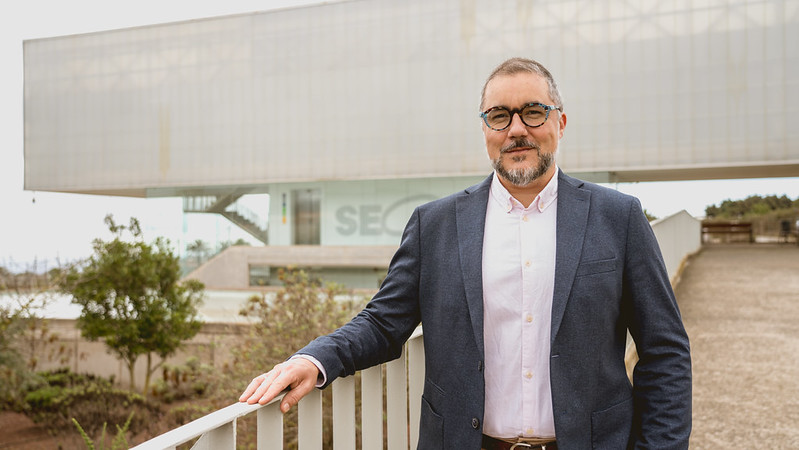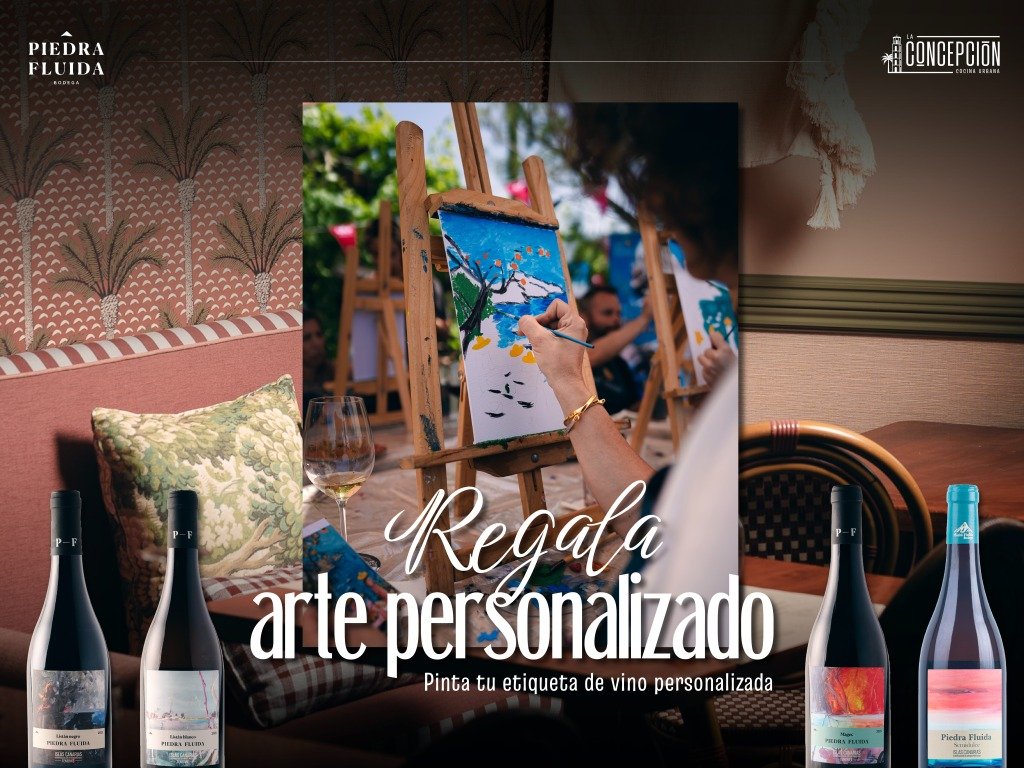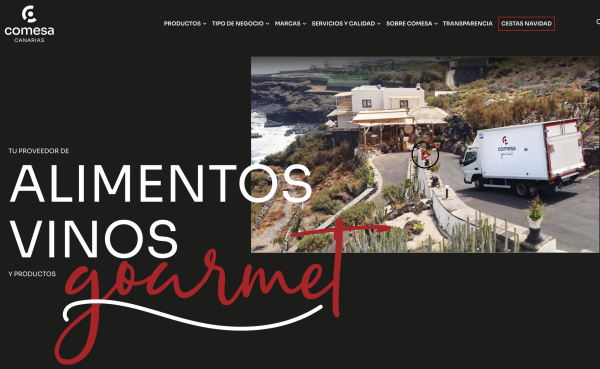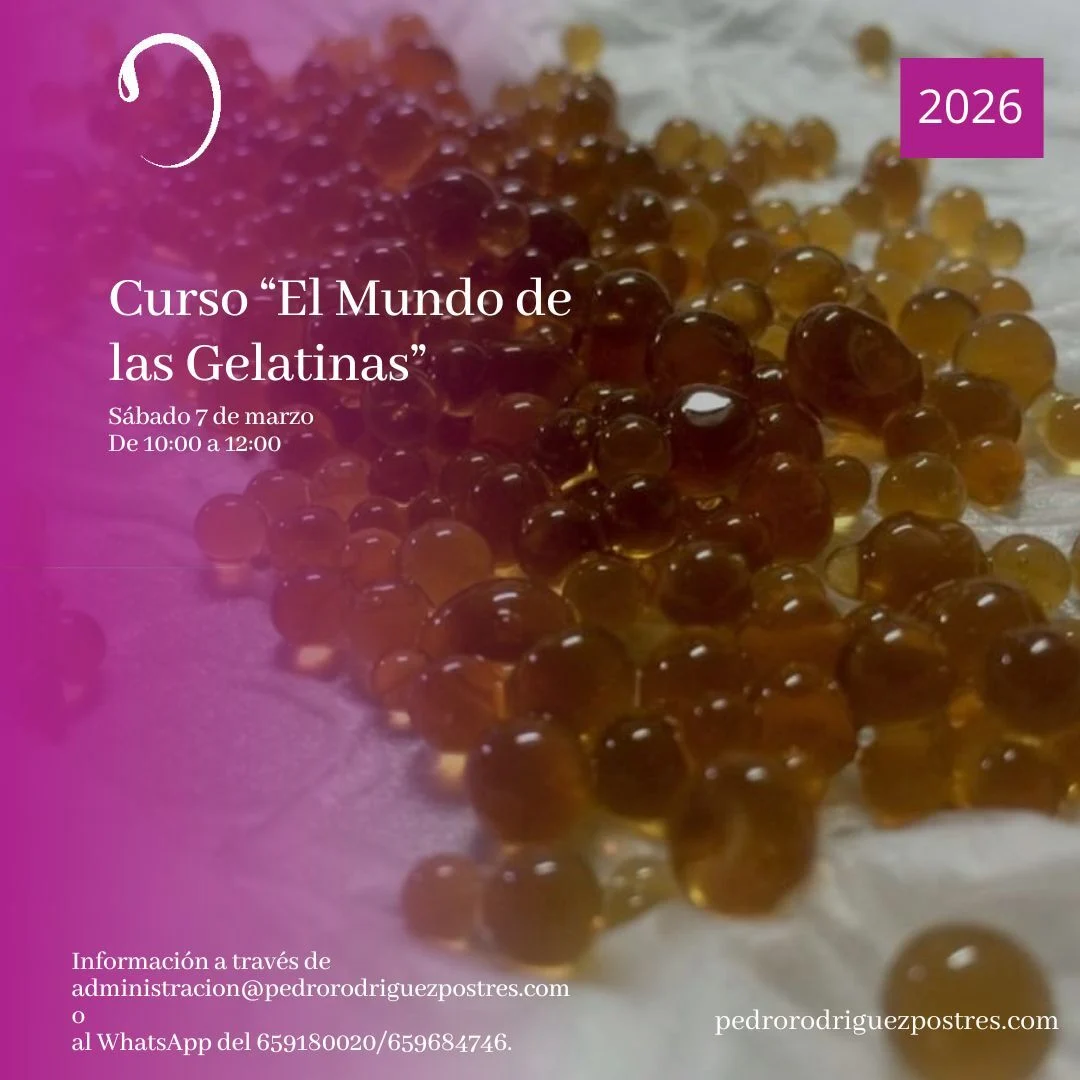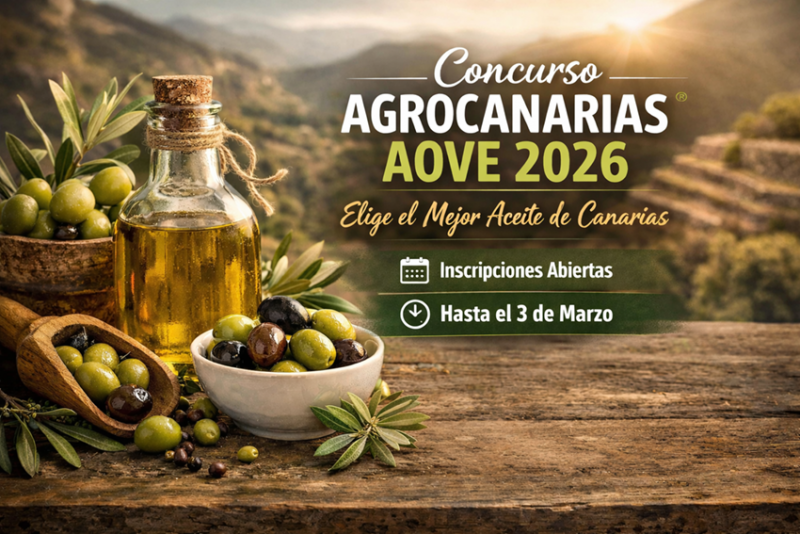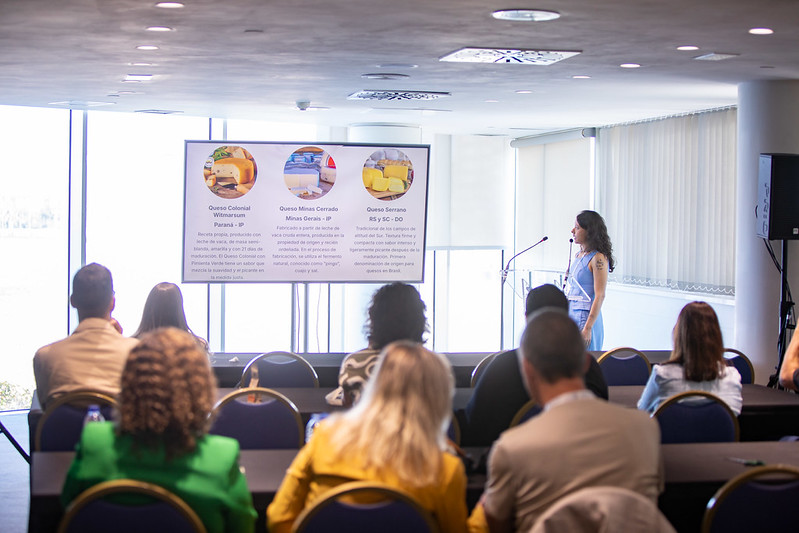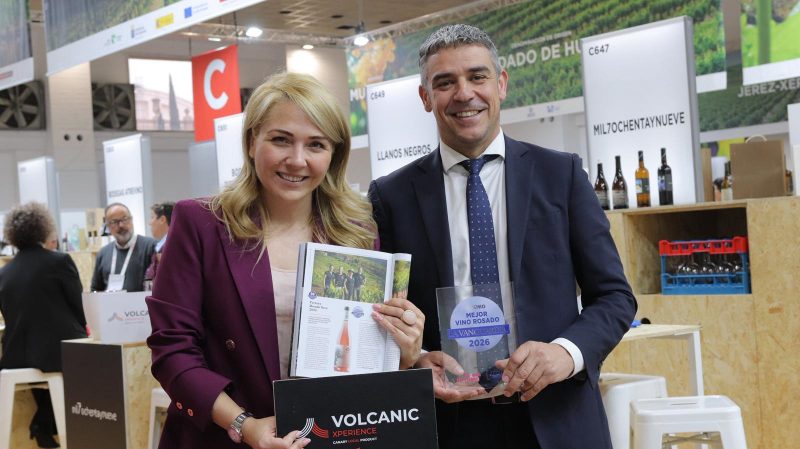The Brazilian researcher defends an agricultural model on the Islands capable of revitalising volcanic soils, tackling climate change and reinforcing the uniqueness of Canary Island wine.
The prestigious specialist in regenerative viticulture, Leonardo Cury da Silva, has developed an intense agenda in the Canary Islands -with stops in La Palma and Tenerife- to share new approaches to vineyard management aimed at sustainability and climate adaptation. His visit was part of the activities of the Autumn University of La Palma and the University Seminar on Regenerative Viticulture, promoted by the ICCA Chair of Agrotourism and Wine Tourism of the Canary Islands and the University of La Laguna.
Both initiatives seek to strengthen both specialised training and applied research in a sector, the Canary Islands wine sector, which faces growing challenges arising from erosion, drought and the natural fragility of its volcanic landscapes.
An academic bridge between the Canary Islands and Latin America
During his stay, the researcher held meetings with the director and coordinator of the Chair, Jesús Enrique de las Heras Roger and Gabriel Santos García, with whom he made progress on new lines of cooperation between the Canary Islands and various Latin American wine regions.
These meetings resulted in concrete proposals for joint research, international training programmes and projects focused on soil recovery, climate resilience and knowledge transfer between territories that share structural challenges, such as water scarcity or topographical complexity.
A benchmark in vineyard management and vine physiology
D. in Phytotechnology from the Federal University of Rio Grande do Sul, Cury has a distinguished career in Vineyard Physiology and Management. He was a teacher at the Federal Institute of Education, Science and Technology in his region and coordinator of the Professional Masters in Viticulture and Oenology. He currently works as Undersecretary in the municipality of Maricá, near Rio de Janeiro, from where he is leading the creation of the Free University of Wine, a training project with an international vocation.
Regenerating the soil: a requirement, not an alternative
In his speeches in the Archipelago, Cury argued that regenerative viticulture has become an urgent necessity for regions subject to strong climatic stress. He compared the case of the Canary Islands with areas in Brazil, Peru and the tropical Andes, where the implementation of regenerative systems has made it possible to revitalise soils, increase the organic matter content, promote a living soil and reduce dependence on external products.
For the Canary Islands, whose estates are developed on volcanic soils that are particularly sensitive to erosion and moisture loss, these practices can mean the difference between maintaining the vineyard or facing its progressive degradation.
The researcher also highlighted the value of double pruning, a widespread technique in tropical vineyards to modulate the growth cycle in the face of changing climates, which could offer effective solutions for Canary Island vine growers.
Identity, sustainability and international competitiveness
Cury stressed that regeneration not only strengthens the resilience of the crop, but also translates into wines with greater authenticity and expression of the terroir. Experiences in Brazil and Peru show, he explained, that regenerated soils allow for more complex and differentiated wines, a key attribute to compete in global markets that increasingly value sustainability and territorial identity.
For the expert, the Canary Islands are at a decisive moment: investing in regeneration means investing in the future of the vineyard, in the preservation of its agricultural landscapes and in the positioning of its wines in a market that rewards excellence linked to origin.


